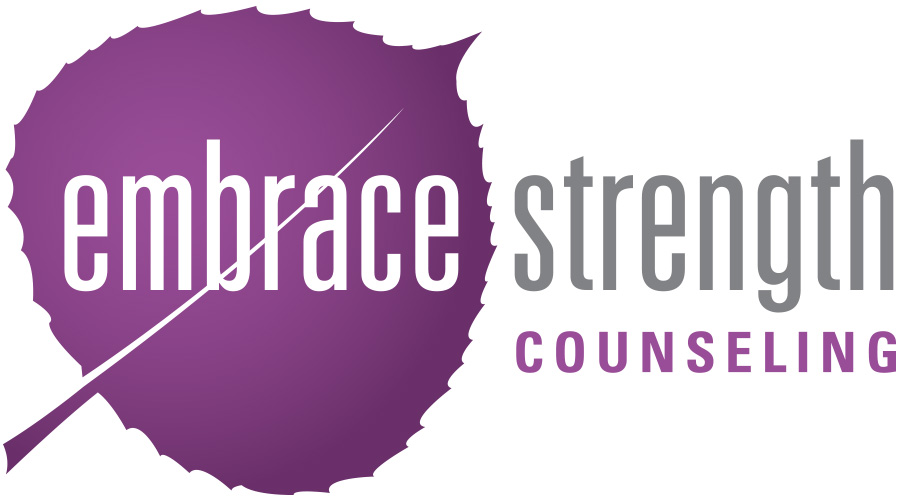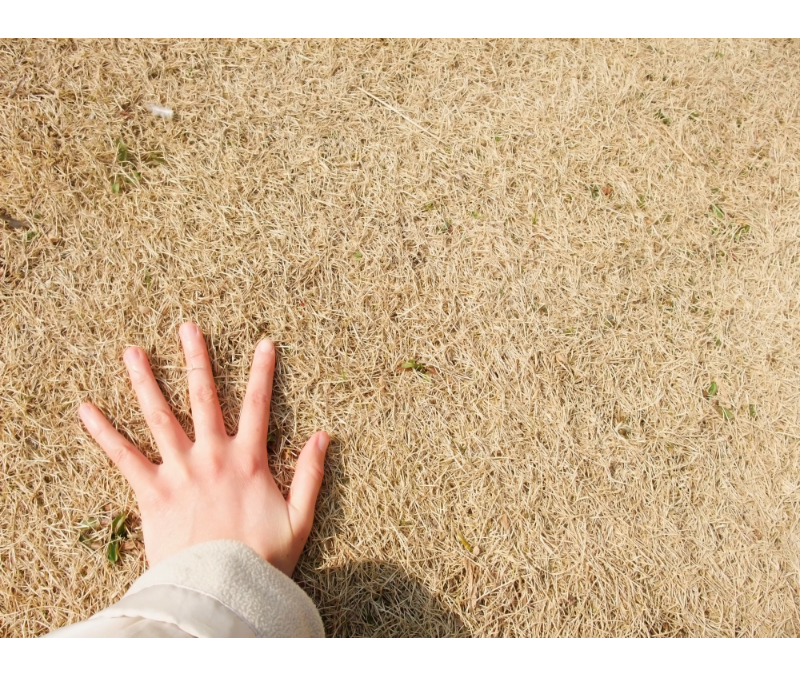It’s tough to be a human sometimes. Coping skills can help. Here are five activities to try if you have been struggling with your mental health:
1. Five senses
This coping skill is all about mindfulness and self-soothing. It involves honing in on your five senses in order to ground you and bring you back into your body. This skill also provides you with something to focus on amidst overwhelm and anxiety. In order to practice the five senses activity, you will need:
- Something to touch (ex: soft blanket, grass)
- Something to hear (ex: music, guided meditation)
- Something to see (ex: snow globe, photo of a loved one)
- Something to taste (ex: mints, tea, sour candy)
- Something to smell (ex: candles, essential oil)
Once you have engaged each of your five senses, check in with yourself and see how you feel. Are you more relaxed? More grounded? Do you feel less anxious?
2. Distraction
We are often told that distraction is not an appropriate coping skill because it leads us to avoid our real problems. While it is true that constant distractions may lead to avoidance, some distractions may actually be helpful. If you are feeling overcome by an uncomfortable emotion, or you feel like your emotions are impacting your ability to function, you may want to utilize distraction to give yourself some time and space.
- Examples: Puzzles, books, painting, playing an instrument, crossword puzzles, listening to music, drawing, watching a favorite show or movie, exercise, playing with a pet, calling a friend
After utilizing a distraction, return to the initial emotion. Has it gone down in intensity? Do you feel that the emotion is more tolerable? Are you able to approach the situation with a more rational mind now?
3. Opposite action
In opposite action, we focus on doing the opposite of a negative impulse. Sometimes our brains fall into illogical patterns that hurt us in the long run. This skill helps us to recognize when we are engaging in unhelpful patterns, and it allows us to slowly reverse them. Opposite action is a powerful tool that helps us live life in alignment with our values.
- If you are feeling depressed and only want to lie in bed, an example of opposite action might be getting up for a walk.
- If you are feeling like isolating yourself from others, an example of opposite action might be calling a friend or going to visit a loved one.
- If you are having an eating disorder thought about restriction, an example of opposite action might be fixing yourself a snack
4. Emotional awareness
Sometimes the best thing we can do for ourselves is get clear on what’s really going on inside of our minds. Taking time to complete an emotional awareness activity allows us to untangle the different thoughts and feelings we have in our brain.
- Examples: Make a list or chart of emotions you are feeling, journal it out, write a poem, create an art piece, talk to a friend
Check in with yourself once your finish your emotional awareness activity. Do you feel better now that your emotions and thoughts are organized? Do you feel calmer after externalizing what was going on in your mind?
5. Crisis plan notecard
Coping skills are useful, but sometimes they are not enough. Gather contact information on supports and resources for when your coping skills just aren’t working. Write them on a notecard you can always keep nearby. If you ever find yourself in a crisis, all of your resources will already be available for you.
- Examples of what to write on your notecard: Contact info for close friends and family, therapist, psychiatrist, emergency hotlines, crisis teams
If you are at risk of a mental health crisis, work with your therapist to create a plan that will keep you safe.
If you would like to know more about this topic, reach out to Eada at eada@embracestrengthcounseling.com or contact our team. To schedule a free consultation or initial session, please call (303) 720-9424.

